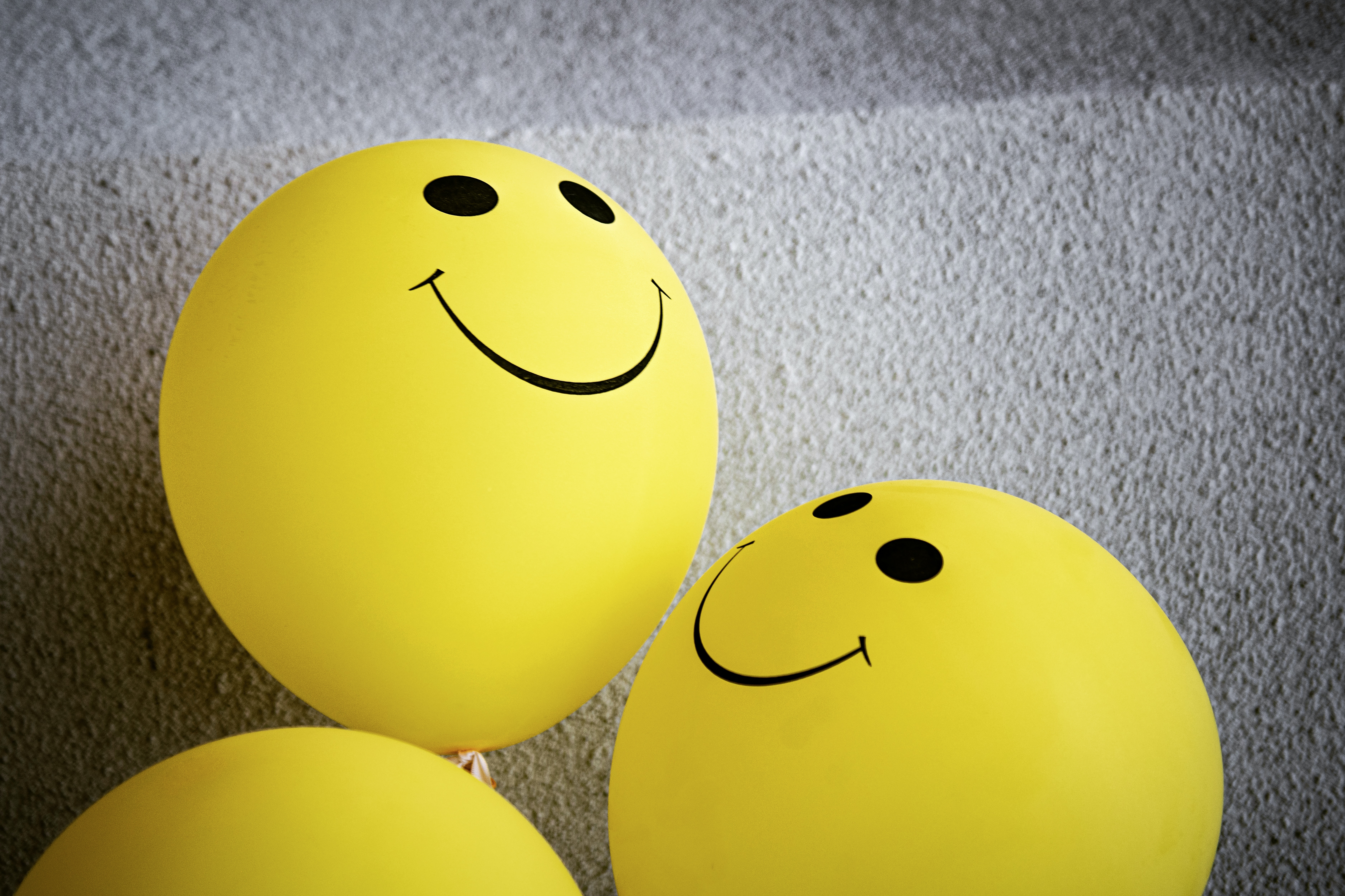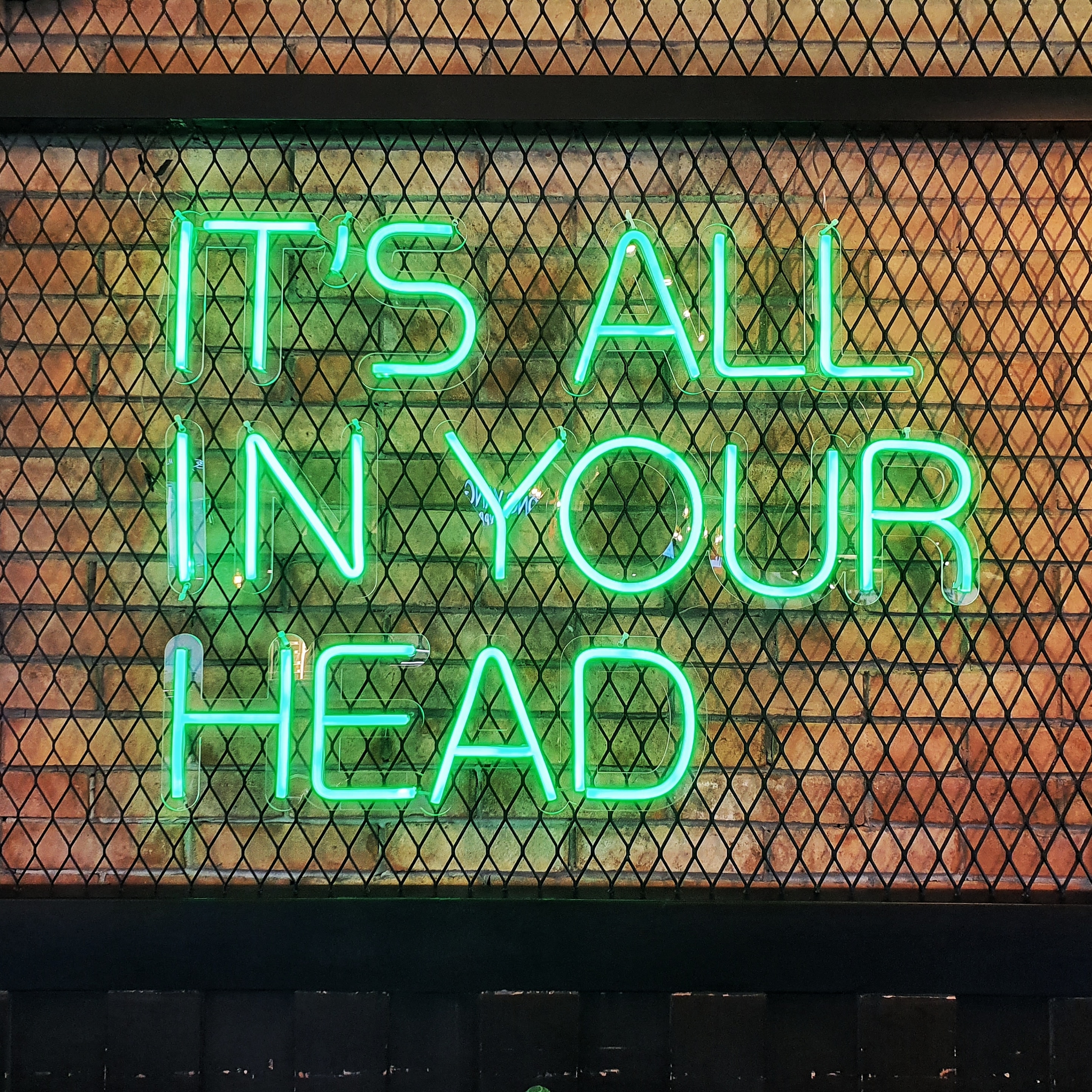Perhaps it is the unrelenting wind and rain this summer, or perhaps it is our age, but I find more and more often conversations run to the negative than its opposite.
As someone struggling with fatigue and trying to keep an even keel so that I can support others, I long for good news and positivity. And deep down, I’m sure that we all do.

Of course, the media does not help, focusing as it does on catastrophe, murder and scandal. I confess, I only scan the headlines so as to have some idea as to what is going on in the world. The rest I leave. Because if I were to take the news as the foundation of my world view, it would be very depressing indeed.
Negativity and health
I was curious to discover what, if anything, our outlook did to our health. Instinctively, I knew that too much negativity would be bad for you. I just had no idea how bad.
Doctors have found that people with high levels of negativity are more likely to suffer from degenerative brain diseases, cardiovascular problems, digestive issues, and recover from sickness much slower than those with a positive mindset.
Bree Maloney, Marque Medical
For the whole article, please tap here: https://marquemedical.com/effects-of-negativity/#:~:text=In%20fact%2C%20doctors%20have%20found,those%20with%20a%20positive%20mindset.
Since negative thinking goes hand in hand with stress, it should come as no surprise that it leads to some very serious health outcomes. Stress in moderation is a vital part of our self-defence; in excess, it is lethal.
Perception is all
Somehow, I doubt anyone will thank me for saying this, but stress and negativity have very little to do with our actual circumstances and everything to do with our mindset. More often than not, the most negative people are those whose lives are, by any measure, comfortable. Think of the constant complaints of the privileged. When your life is all but perfect, any slight annoyance becomes an enormous, personal affront. (Think of Charles III and his broken fountain pen.)

In contrast, those who have least, or who are or have dealt with very real difficulties are often the most cheerful. Having survived the worst, they are not phased by life’s little annoyances.
My dear friend, Mary, who has dealt with enormous challenges, is one of the most positive people I know and meeting with her always uplifts the spirits. Each day, she sends a beautiful picture or image and looks always for the good. If it’s raining, the flowers are happy! Here’s today’s:

I confess, I was about to moan about the mighty wind that is scrambling my brains and testing my sanity (we live on top of a hill and the noise is horrible!) but reading this I was forced to shift my view.
Please be assured that I am not being flippant here. I fully appreciate that some are struggling with depression and other mental health issues – I am no stranger to depression myself. We may need medical assistance for dealing with it, but the recommendations for positive mental health hold true for all of us. We may just take a little longer or more practice to get there.
The good news
Because the good news is that since negativity is a mental state, we have it in our power to change it. This is hard to do when you’re down, but not impossible.
Wading through brain fog and the distress of my diagnosis in 2015, I took Jon Kabat-Zinn’s advice and began meditation – forty minutes every day for eight weeks. And it worked and continues to work, though I don’t meditate so formally now.
Because much of our stress comes from what we fear in the future. Post relapse, I had reason to fear the worst. I still must live with the Damocles sword of the constant threat of further deterioration, but by focussing on the present, I am able to deal with what I have now. And most importantly, when we liberate ourselves from the paralysing effects of fear, we are better able to find ways to address our issues.
Often, we can turn a negative into a positive if we set our minds to the task. My diet and life-style are not very exciting and I’d love to eat what I wanted and drink with friends, but it would not be wise. Fortunately, my efforts have paid off in better health than I could have imagined eight years on and better mental health than I’ve ever had. Though taking action can sometimes seem impossible, taking control will always make us feel a little better no matter what the result. (In the worst case scenario, at least we know we tried.)
Practice optimism
Optimistic and pessimistic outlooks are forged in our brain as habit. Every time we have a negative response, it follows the same neural pathways and strengthens them. Changing that will take time and a lot of discipline. Bree Maloney suggests that every time you have a negative thought, you counter it with three positive ones. Practising gratitude is also a great antidote. Being with other, positive people also enhances our positivity.
Thinking of others and showing kindness, I’d argue, brings positivity back to ourselves. My lovely friend in America sent me cheery cards when I was dealing with Covid. These uplifting missives definitely improved my mood and helped my recovery. Knowing that I valued them, sent my friend good vibes too.

Turning it around
The title of this post comes from a famous Andrew Sisters’ song written during World War Two. Folks had plenty to complain about, but this song, and many others, recognised that difficulties are part of life. When we accept that things will not always be perfect, value what we have and look always for the good, no matter what life throws at us, we can be content.
